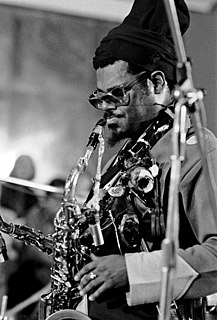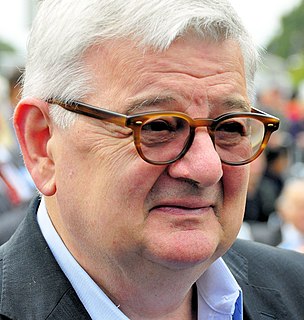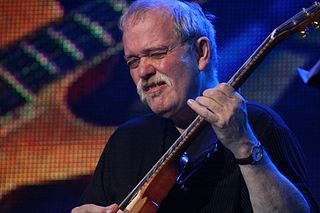A Quote by Gregory Maguire
I like classical music of the late 19th and early 20th centuries, and I adore Bach above all.
Related Quotes
By comparison, 'The Secret Agent' is not especially prescient about terrorism, certainly not technically. The Professor was a stock figure of Edwardian fiction, and his dreams of mass destruction were nothing ahead of their time. Many novels in the late 19th and early 20th centuries involved plots far more deadly.
You don't see the European classical musicians allowing the music of Bach, Brahms, or Beethoven to become extinct. That music has gone on for centuries and centuries. We have the same obligation. Why do we have to become so 'hip' that we can say, 'Bebop is square,' or "New Orleans is square'? This, to me, is a shame.
My father was able to play a number of musical instruments and I fell in love with classical music in my teens and I allowed it to influence me. I like to think I took and still do from classical music and various techniques, I have made classical albums and recorded seven different pieces of Bach on different albums and its all music too me.
For me personally, Elliott Carter was and remains one of the most meaningful composers of the late 20th and early 21st centuries because he represents substance. He was the living proof of uncompromising, complex music, which at first seems inaccessible. But it becomes accessible if one digs in and sees the development through.
Often, I could not find the range of emotions in classical music which I found in the The Rolling Stones and Hendrix. Listening to Bach, I found a deep spirituality and felt elevated above the human level. Yet the feeling and emotions attached to popular music speak to us far more personally, and I couldn't leave that behind.






































